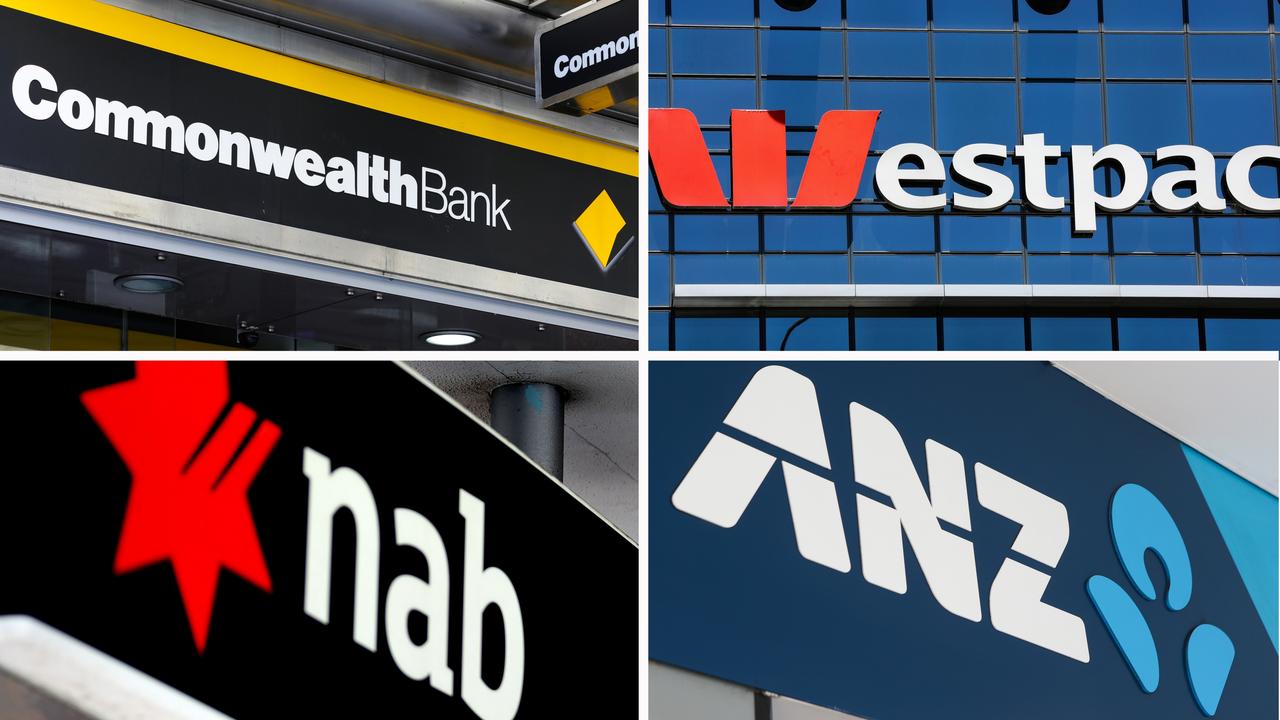Mortgage rates: Have we reached the bottom?
Australian housing prices are surging thanks to buyer demand and dirt cheap home loan rates. But will the boom continue?

Australian housing values are surging at their fastest rate in 32 years – but have we reached the bottom in the war on low home loan interest rates?
Residential values jumped 2.8 per cent in March, the fastest rate of growth since 1988, according to data firm CoreLogic.
Sydney emerged strongest, with values surging 3.7 per cent over the month.
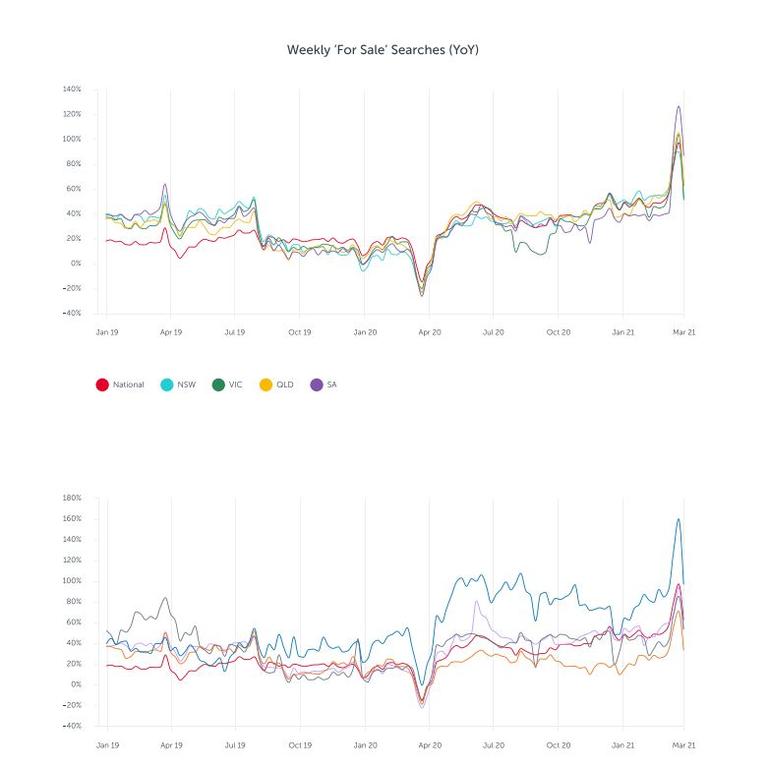
Other capital cities weren’t immune from the rise either.
Values across all capital cities jumped by at least 1.4 per cent as would-be homebuyers battled in a market where housing stock is low, putting upward pressure on prices.
“The property market is red hot. It is increasing in value and the rate at which it’s increasing continues to rise as well,” CoreLogic Australian head of research Eliza Owen said.
“It’s really being fuelled by very low mortgage rates, strong buyer demand, particularly from owner-occupiers, and relatively low levels of supply.
“For the stock that is coming onto the market, there’s a lot of buyers, properties are taking less time to sell, it’s more of a seller’s market at the moment.”

The question is how long the surging prices will continue – and how long interest rates will stay cheap.
On Tuesday, Reserve Bank governor Philip Lowe said Australia’s economic recovery from coronavirus had been stronger than expected.
The central bank warned it would clamp down on risky lending if the booming market overheated but it did not expect to lift the official cash rate until at least 2024.
“Housing markets have strengthened further, with prices rising in most markets. Housing credit growth to owner-occupiers has picked up, with strong demand from first-home buyers,” Mr Lowe noted.
“Given the environment of rising housing prices and low interest rates, the bank will be monitoring trends in housing borrowing carefully, and it is important that lending standards are maintained.”
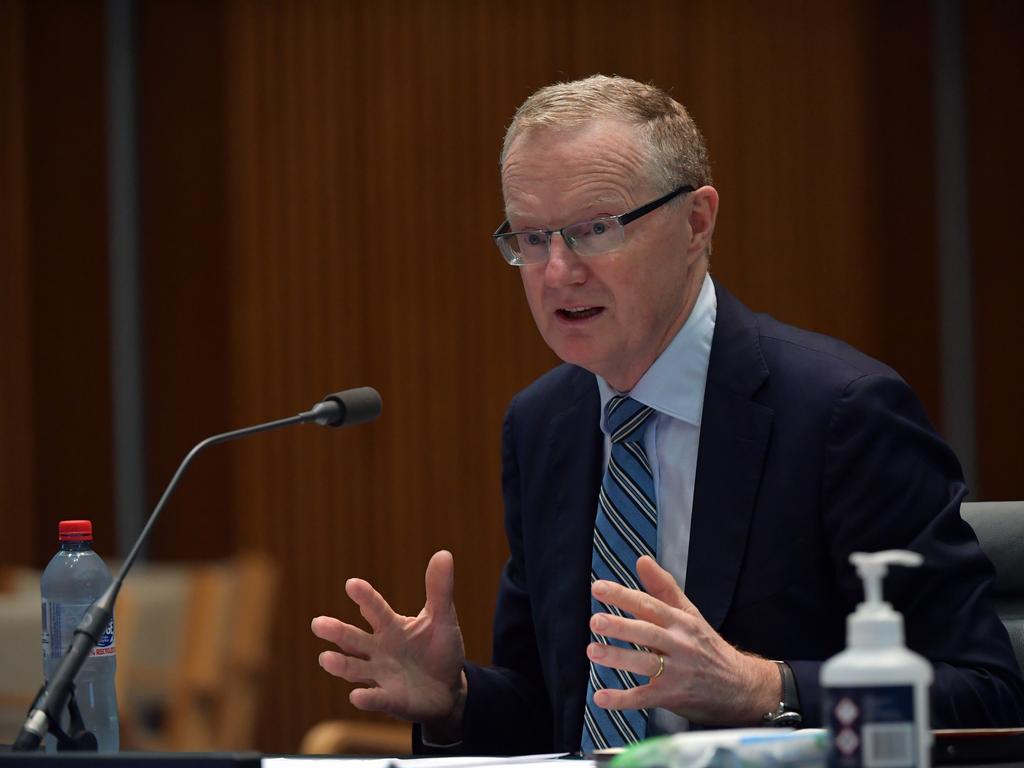
So have we reached the bottom of the war in low interest rates?
The short answer, according to Mortgage Choice broker James Algar, is yes.
“Economists all agree the next move will be up,” Mr Algar said.
“The RBA have been very clear they do not plan to hike rates until they see inflation, which hinges on wages growth, which we’re not seeing right now.
“Even if the RBA wanted to, I don’t think they’re likely to, purely because of the impacts on the housing market more than anything.”
Mr Algar encouraged potential homebuyers to consider locking in fixed rates while they were low to shield themselves from the shock of future hikes.
“Naturally, any potential increase in rates will have a flow-on effect to people on everyday spending patterns,” he said.
“Right now any mortgage broker you speak to will be encouraging clients to think long and hard about the benefits of some kind of fixed rate approach to soften the impact of any potential rate increases in the medium term.
“I think it’s smart to do that.
“Certainly, in our business we are writing a substantial number of client loans on a fixed rate, purely to give them the benefit of certainty that their mortgage repayments won’t change in the next, two, three, four or even five years.
“Fixed rates give people the chance to really protect themselves until such time, hopefully, they’ve seen some wages growth and can cope with the higher cost of their home loan.”
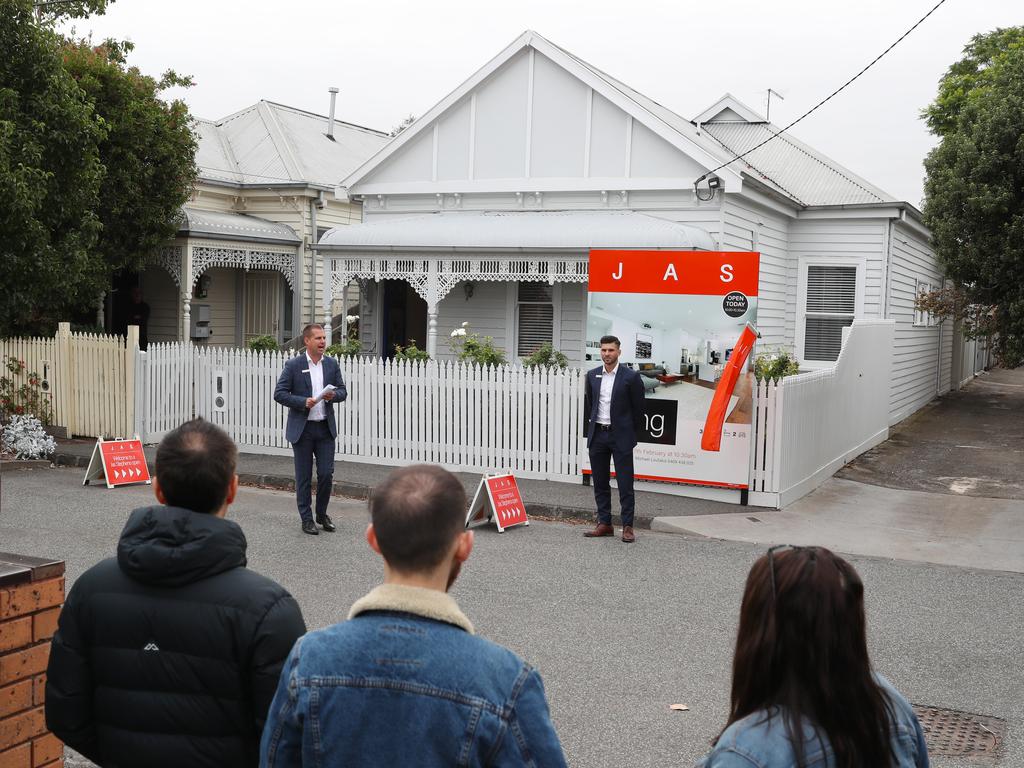
Aussie Home Loans chief executive officer James Symond said low rates were here to stay and competition between banks and lenders would only get stronger.
“We certainly have seen some unbelievably low fixed interest rates over the last three and six months, and perhaps we’ll see those rates go up a little bit over the next three or six months, but who knows what will happen further to that?” Mr Symond said.
“But these are still ultra-low interest rates. Even if they do go up a little bit, they are still extraordinarily competitive and rates which consumers have never seen.”
Mr Symond said any hike in interest rates would force homeowners to “recalibrate”.
“We hope by that time there’ll be some movement in wage rises,” he said.
Mr Symond urged consumers to keep the future in mind and consider locking in fixed rates or a mix of fixed and variable rates to give themselves flexibility.
“They need to keep the horizon in mind because these low rates won’t stay as low forever, but they will stay very low for a long time,” he said.
“The good thing out there right now is that, sure, there’ll be some fixed interest rates that trickle up, but you’ve still got lenders out there who are holding their rate, if not still lowering them a bit as well.
“So, there’s a real opportunity out there for consumers who are informed to seek their advice, to seek their mortgage broker and to get the good oil on who’s offering what out there because the marketplace has never been more competitive.
“In my 30 years with this business, I’ve never seen it more competitive.”
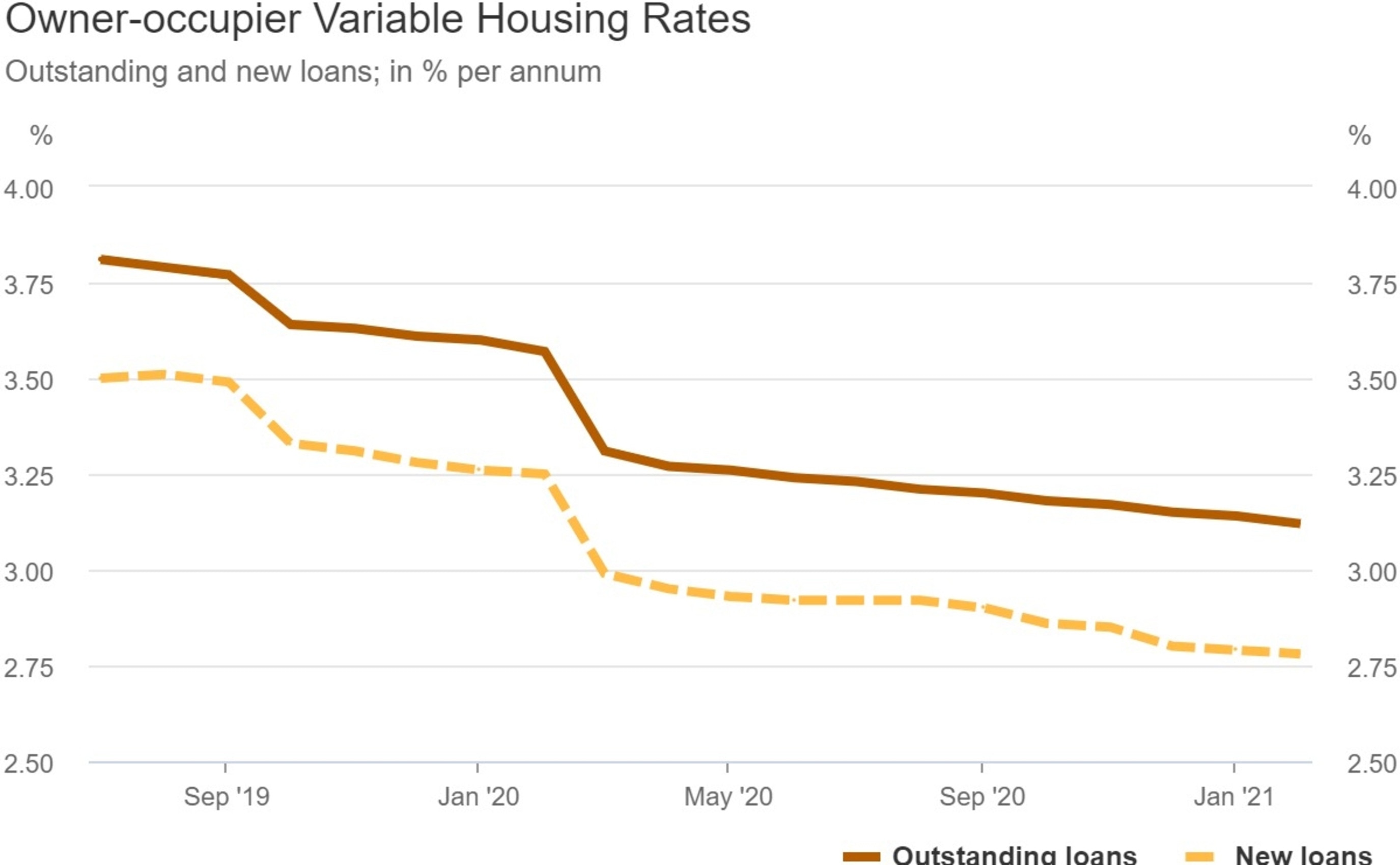
With record low rates and economic conditions consistently beating forecasts, Australians are feeling optimistic and confident of making big decisions such as a home, according to CoreLogic.
CoreLogic Australian head of research Eliza Owen said it was not uncommon for the property market to heat up during economic downturns, such as those brought on by COVID-19.
Moves by the RBA to lower the cost of debt during hard times and rising unemployment make it easier for those in a position to buy property to strike.
The economy also reacted well after record low mortgage rates were put in place to respond to the initial shock of the pandemic.
“The very low mortgage rate settings have coincided with a swift economic recovery,” Ms Owen said.
“That’s only further boosted people’s confidence in making big financial decisions like purchasing property.”
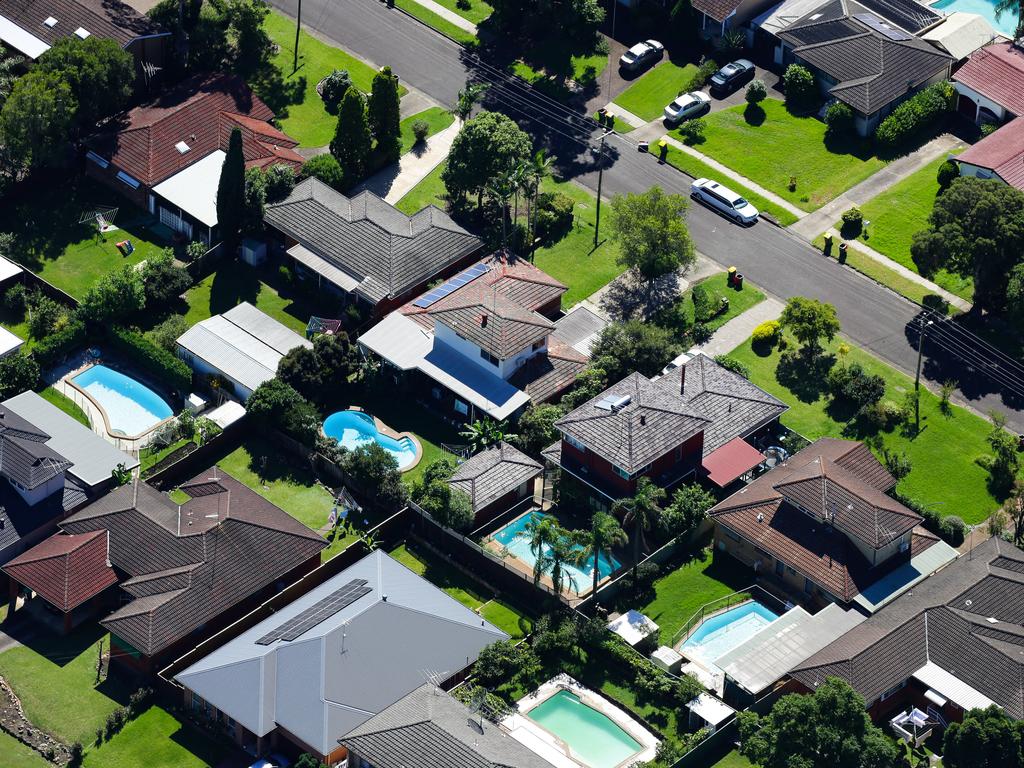
Ms Owen said speculation was now mounting about when a downturn would come and what would trigger it.
“We’re in these uncharted waters of Australian dwelling values at a record high and continuing to rise,” she said.
“We can’t predict the future, but there is growing consensus a likely change in the current property environment would be rules around lending.
“What might trigger a slowdown in the market would be changes to lending standards, probably something that would impact owner-occupiers as well as investors.
“The Australian Prudential and Regulation Authority has made pretty clear they’re not looking to intervene yet because the lending standards they’re looking at haven’t deteriorated.”
However, Ms Owen predicts the housing market will lose heat even without intervention.
“I think these growth rates are going to slow down,” she said.
“People are going to come against affordability constraints, particularly first-home buyers, and there’s got to be a cap on someone’s willingness to pay, even in an environment where there is relatively little supply.
“I’d be surprised if the kind of growth rates we saw this month were to continue for the rest of the year.”
melissa.iaria1@news.com.au




